Supported by ERASMUS PLUS

Social X-Change Program




What is Social X-Change?
Social X-Change is a network of Social Innovation Centers made up of five founding members: four Higher Education Institutions (ESSEC in France, Munich Business School in Germany, TEDU in Turkey and URL in Spain), and one network of incubators, Impact Hub. The aim of Social X-Change is to generate research outputs and practical resources to enrich knowledge and curricula for students as well as for academics and practitioners around social innovation and entrepreneurship.
The network will closely collaborate with practitioners at global and European levels by sharing research insights, good practice and tools around social entrepreneurship and in improving education on Social Innovation.
What is the purpose of the program?
The purpose of Social X-Change is to grow an international knowledge sharing network connecting academics and practitioners around social innovation and business practices towards a ‘just transition’.
Social X-Change will develop research projects around 3 specific themes:
-
- Impact measurement and management
- Impact investment
- Impact-related frameworks for the transformation of businesses
These collaborative cross-national research projects will enable the creation of new knowledge towards Entrepreneurship curricula in Higher Education, not only for internal implementation amongst the network members but also for external dissemination to HEI Management and Business HEIs across Europe and beyond.
Business school students are the primary target for this collaboration and through Social X-Change they will benefit from new curricula with a more international dimension generated by the joint research projects.
They will benefit from in-depth cross-european knowledge on the three critical themes covered by Social X-Change (social impact measurement, impact investing and regulatory frameworks for impact-related businesses), and will therefore be better prepared to become entrepreneurs towards a more sustainable economy.
Practitioners will also be primary stakeholders for Social X-Change insofar as their experience tackling similar social challenges in different ecosystems will help inform future curricula through co-construction, as facilitated by the Impact Hub
Additionally, they will benefit more widely through the dissemination activities of practitioner oriented materials, in order to make sure the knowledge generated across consortium members can also contribute to adult education through practitioner training in support of third party organisations like incubators of social enterprises (through the Impact Hub network, the Incubators 4 Change network and other support organisations across Europe).
Secondary target groups will therefore include HEI teaching staff from the consortium and from other HEIs reached through dissemination activities, and support organisations such as incubators of social entrepreneurship programmes.
Policy-makers will constitute a secondary target audience insofar as the outputs of the project will be disseminated to them and as some specific themes might be relevant to their decision-making (e.g. around impact investing and private-public partnerships or around the creation of new impact-related legal frameworks at national level).
Which projects/what kind of ideas/themes will be supported/included?
Social X-Change will implement research and learning activities to create curricula and knowledge sharing around:
Impact measurement and management, an issue transversal to all activities with a social and/or environmental remit
Tailored impact investment curriculum for a social entrepreneurship, a priority for private and public investors and policy-makers to develop social entrepreneurship.
Catalytic capital as a key element of financial models to adress under-resourced social challenges.
Frameworks for impact-related businesses across Europe
Access our resources
Explore our growing library of tools and publications.
📘Navigating impact measurement & management: A handbook for social enterprises & enterprise support organizations
This handbook aims at supporting social enterprises as well as enterprise support organizations in navigating this Impact Measurement & Management (IMM) journey. It is designed to respond to real-world challenges and to help practitioners make sense of the growing expectations around impact data—from funders, partners, and broader ecosystems—while staying grounded in their mission and work on the ground.
📁Compendiums
These concise infographics and videos break down key IMM concepts to support your learning journey. Use them to strengthen your understanding and share knowledge across teams.
- 📘Curriculum on impact measurement
This foundational learning module introduces the core concepts of IMM. It helps participants link actions to outcomes, allocate resources effectively, and meet accountability standards using a range of methodologies tailored to different contexts.
- 📘Literature review on the role of catalytic capital element in hybrid finance arrangements in Europe (supply side)This review analyzes how catalytic and hybrid capital can advance social finance in Europe. It defines key financial terms, unpacks the complexities of impact investing, and provides working definitions of catalytic and hybrid capital.
- 📁Case studies on catalytic capital
This collection explores six real-world examples of how catalytic capital has helped mobilize additional investment in underserved markets. Featuring initiatives such as the BPI Equity Guarantee, Water Access Acceleration Fund, Community Ownership Fund, CoopEst, the European Social Catalyst Fund, and the Gabon Blue Bond, these case studies illustrate the strategic use of risk-tolerant and patient financing to drive meaningful impact.
- 📘 Practitioner-oriented report on catalytic capital
This report aims to equip practitioners with a clear, actionable understanding of how to deploy catalytic capital to unlock investment in underserved markets. It draws on the above-mentioned literature review and case studies, as well as the book The Operating System of Sustainable Finance, to clarify the concept, map the ecosystem, and share practical guidance for closing the funding gap.
- 📘Introductory training module on catalytic capital within hybrid vehicles
This module offers a foundational understanding of catalytic capital within hybrid financing structures.
- 📘“Sociétés à mission” and BCorp organizations: Evaluation of impact measurement practices and recommendations for policy makers and practitionersThis study explores how transitioning enterprises—such as Sociétés à Mission and B Corps—respond to transparency requirements tied to legal frameworks and certifications. It presents a practical framework and offers recommendations to improve IMM practices.
-
📁tuTECHÔ Teaching Case SeriesSeries of two cases developed around TuTecho, a social enterprise with a bold mission to end homelessness and residential exclusion in Spain through a model that combines affordability with dignity.
-
📘Practitioner-oriented report on the IMM learning journey among Social EnterprisesA report analyzing the practices, motivations, challenges, and best practices of IMM among social enterprises in Europe.
- 🎥Impact Measurement & Management Summit IIExplore key takeaways and materials from our two-day event that brought together change-makers, practitioners, and experts committed to advancing impact-oriented, data-driven strategies for a more sustainable and equitable future.
Access the recordings by clicking the links below:
Share your feedback
Have you used our resources? We’d love to hear your thoughts!
Your feedback helps us improve and develop tools that are more relevant and useful to educators, students, and practitioners in the field of social innovation.
Click here to share your feedback.
Our partners







